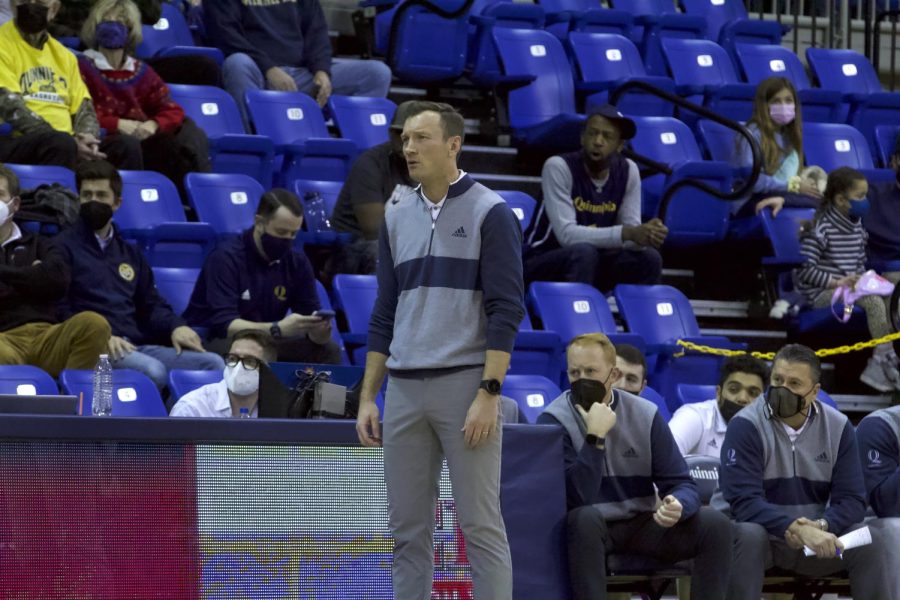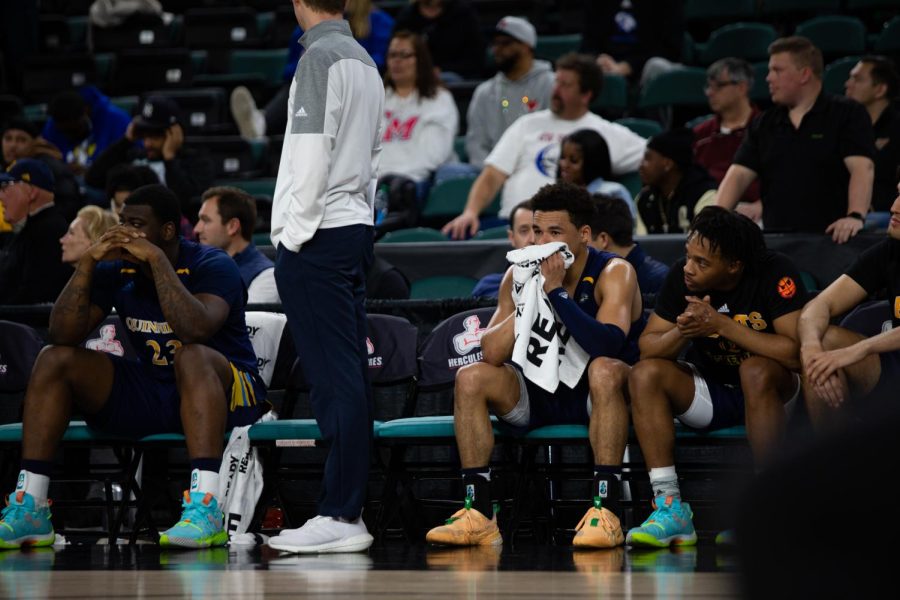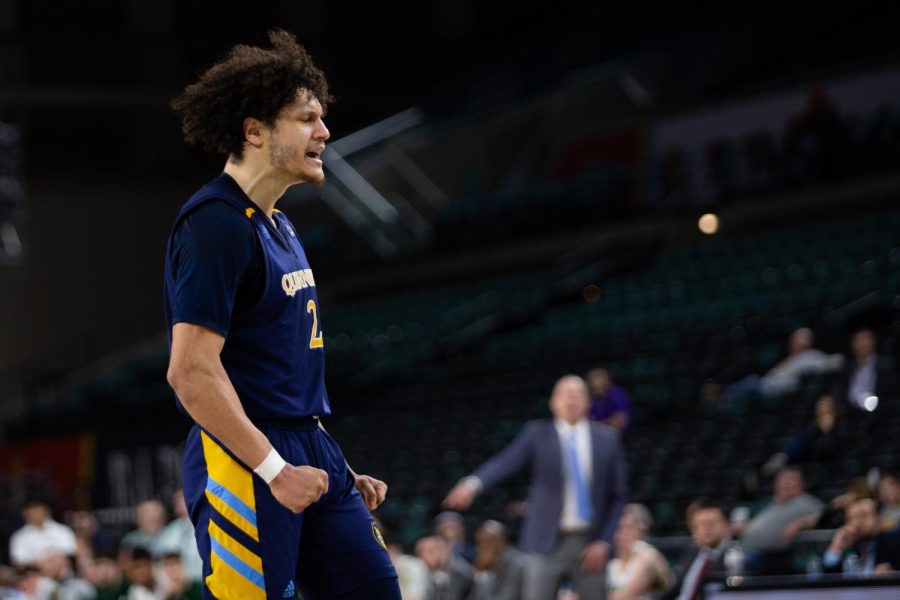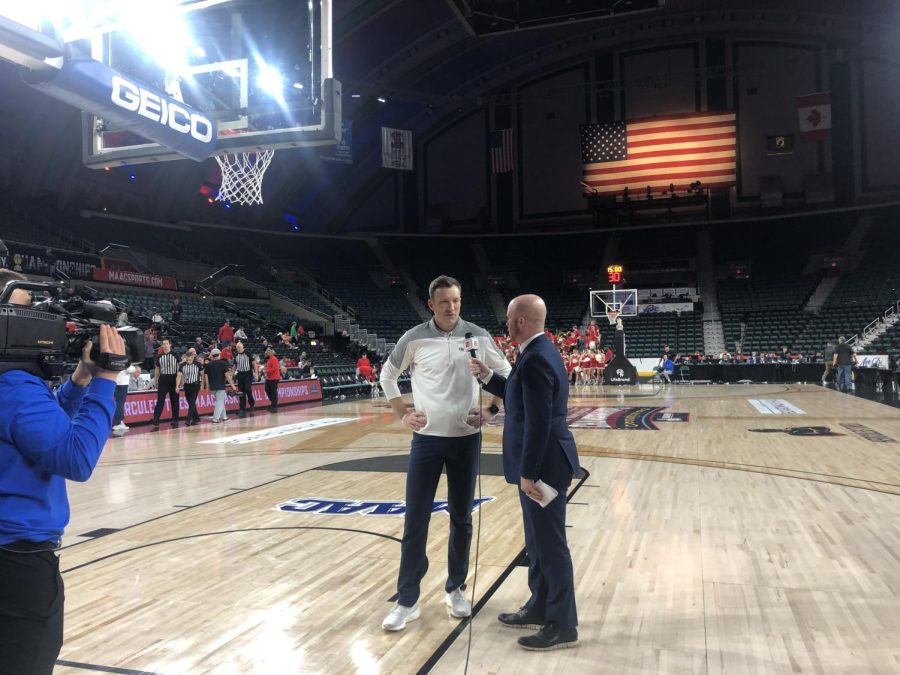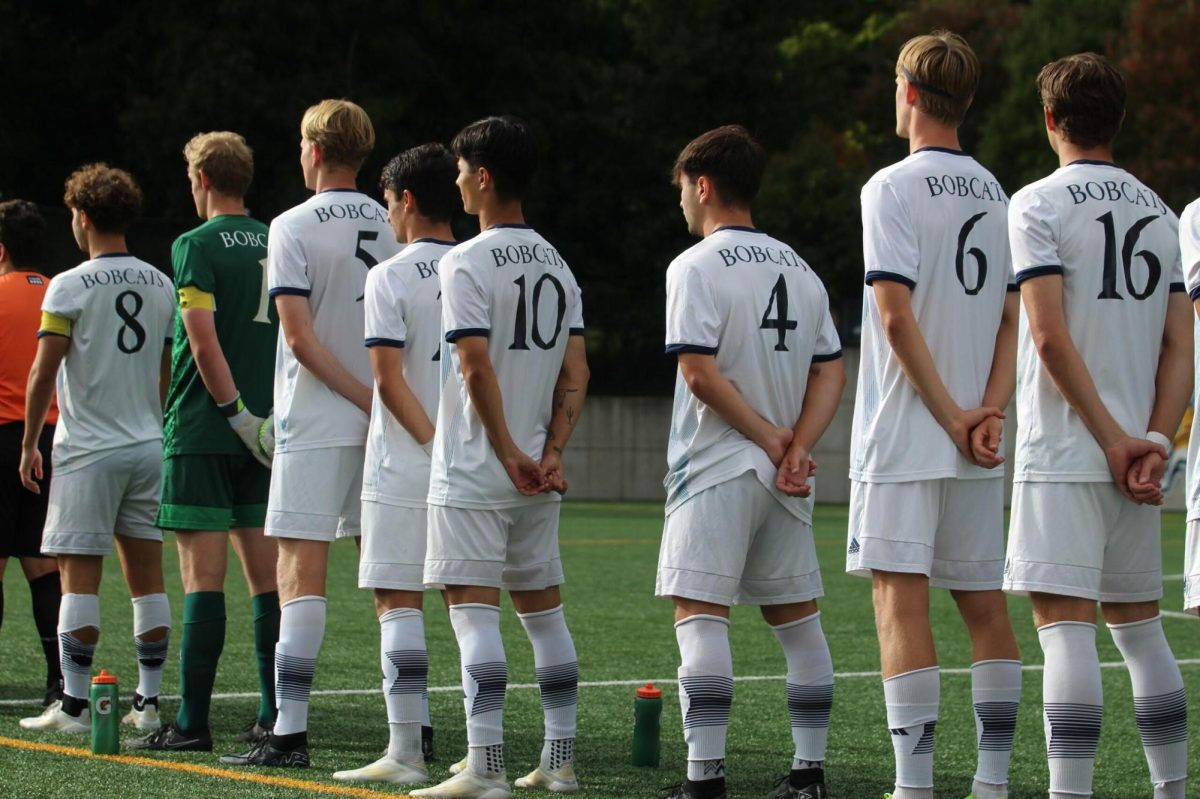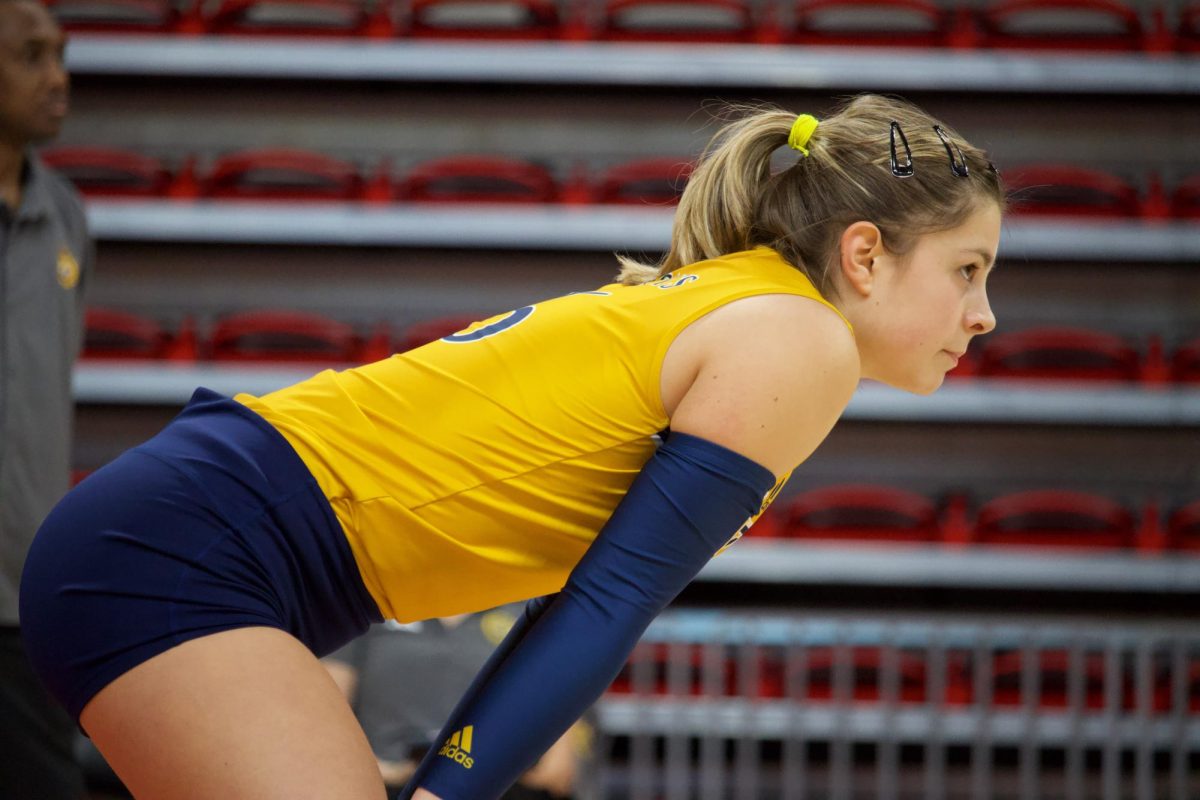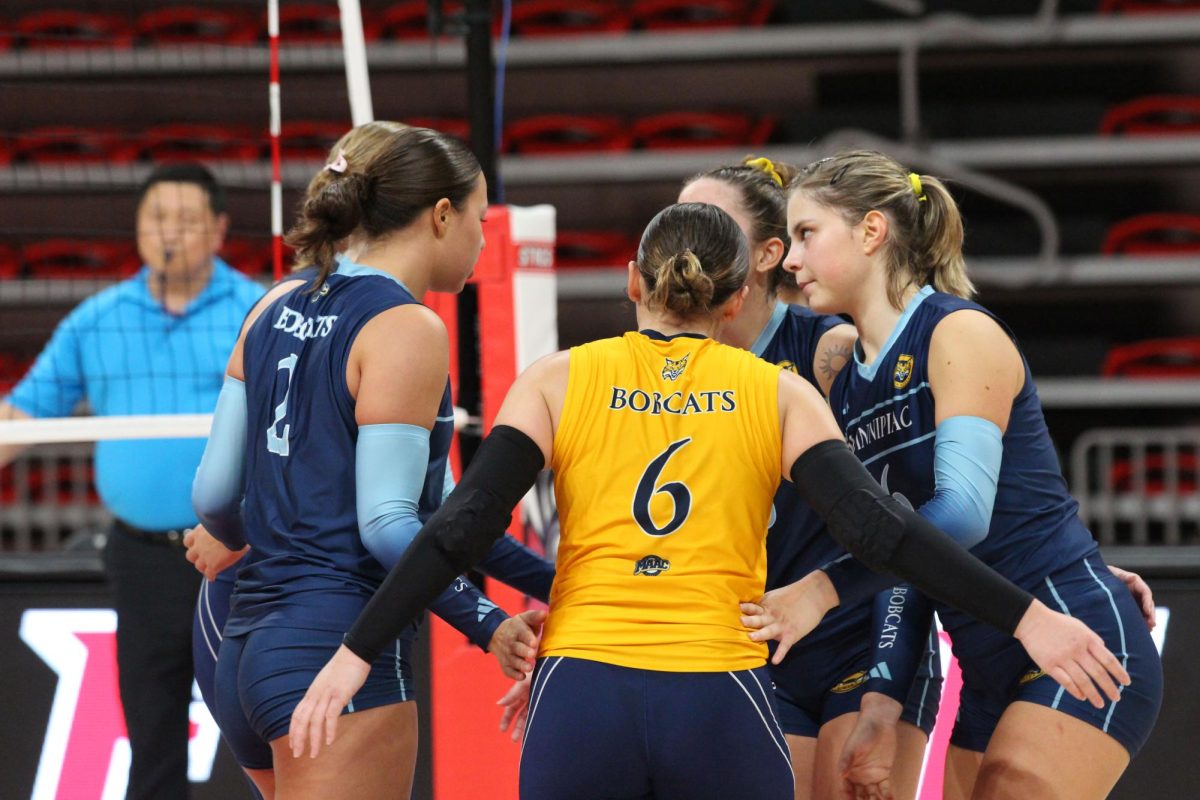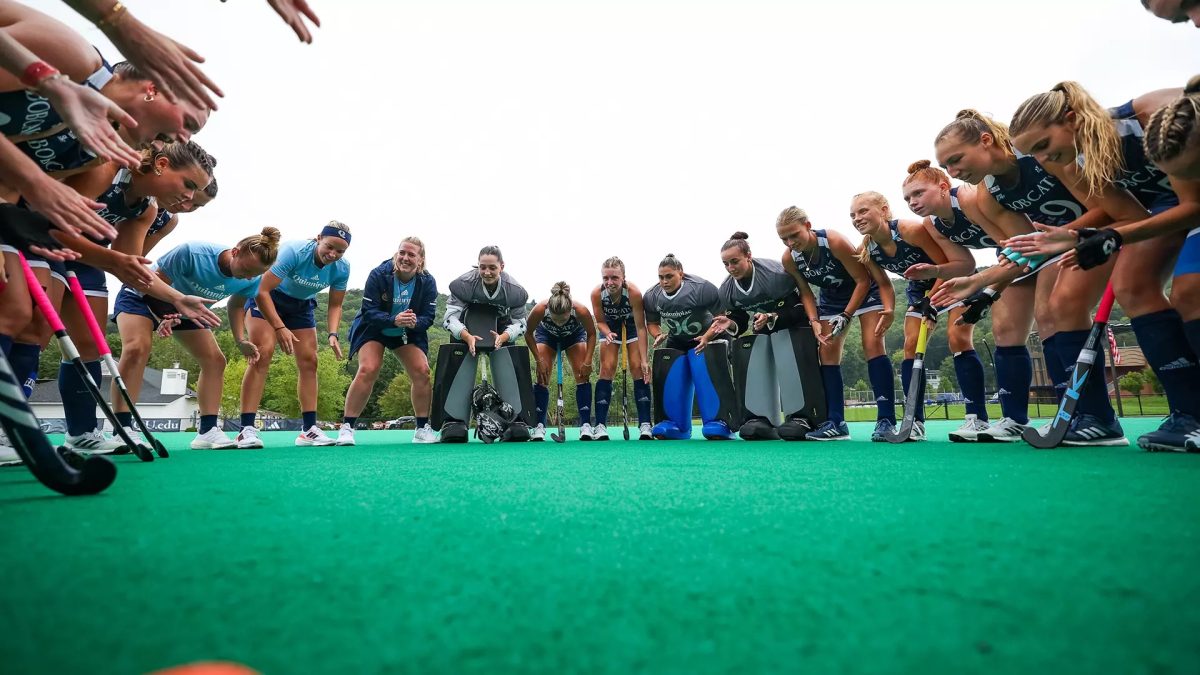By Jon Alba
As noted Thursday via Twitter, Quinnipiac University is reviewing the eligibility of men’s basketball guard Giovanni McLean following news of fraudulent transcripts at his former school, Westchester Community College.
In a public statement, university Vice President for Public Affairs Lynn Bushnell had the following:
“We are reviewing the matter and because of privacy concerns for the student, we will not make additional comments at this time.”
The review comes after players at St. John’s University and Florida A&M had their scholarships revoked and academic ineligibility declared due to falsified transcripts issued by the community college. Westchester Community College assistant basketball coach Richard Fields was let go in mid-October for falsifying and forging a signature on the transcript of Jamall Walker, who was connected to Florida A&M. The school also pulled the scholarship of fellow WCC player Damien Davis.
Quinnipiac Athletics officials declined additional comment and deferred to the aforementioned statement. Q30 Sports was still awaiting response from university public affairs at press time.
A St. John’s official told Q30 Sports the school optioned to review the transcript of former WCC forward Keith Thomas, working hand-in-hand with the NCAA in self-reporting the findings. Thomas, who was an incoming junior, has since been ruled academically ineligible.
St. John’s Director of Athletics Chris Monasch released an official statement shortly after the school ruled Thomas ineligible:
“Academic integrity is treated very seriously at St. John’s University and we are committed to maintaining high academic standards for all of our student-athletes. Our athletic compliance office recently became aware of information that triggered an additional review of Thomas’ academic credentials at Westchester Community College. Our assessment and decision are in accordance with University and NCAA policies.”
McLean had originally been set to head to the University of Oklahoma to play, but transcript issues regarding the amount of semesters he played fell short of Big 12 requirements. He then committed to Quinnipiac instead.
A university source noted it would be likely Quinnipiac would self-report any findings, as the other institutions did, should the school rule him to be academically ineligible. The NCAA had reportedly not previously contacted the school prior.
Another source, agreeing with the idea of the school self-reporting findings, said it would not be surprising to see McLean ruled ineligible shortly.
As mentioned by lohud, the New York state Inspector General’s Office is in the midst of investigating transcript fraud at the school, as transcripts from the past three to five seasons are being looked at. According to the report, a tip to the NJCAA revealed credits were given for classes that were “never taken.”
The 2013-2014 Quinnipiac Student Athlete Handbook, the most-recent version of the policy publicly available, details ethical conduct regarding student-athletes. It notes if a student or university employee has “knowing involvement” regarding a fraudulent transcript, it is considered “unethical conduct.”
It is unknown at this time as to whether McLean or any Quinnipiac officials had any knowledge of potential transcript fraud, as it is entirely possible it could have been made conducted by a WCC employee without McLean’s consent.
A screen-shot of the policy can be found below:
As of this time, McLean still remains on the official team roster on the team’s website, despite his case being reviewed. Request for additional information regarding his roster status was declined by Quinnipiac Athletics.
Should McLean remain eligible, he will have two years left to play. He averaged 16.8 points per game alongside 7.4 assists per game last season for WCC, and had been expected to be a key component in replacing the departed-Umar Shannon at guard.





